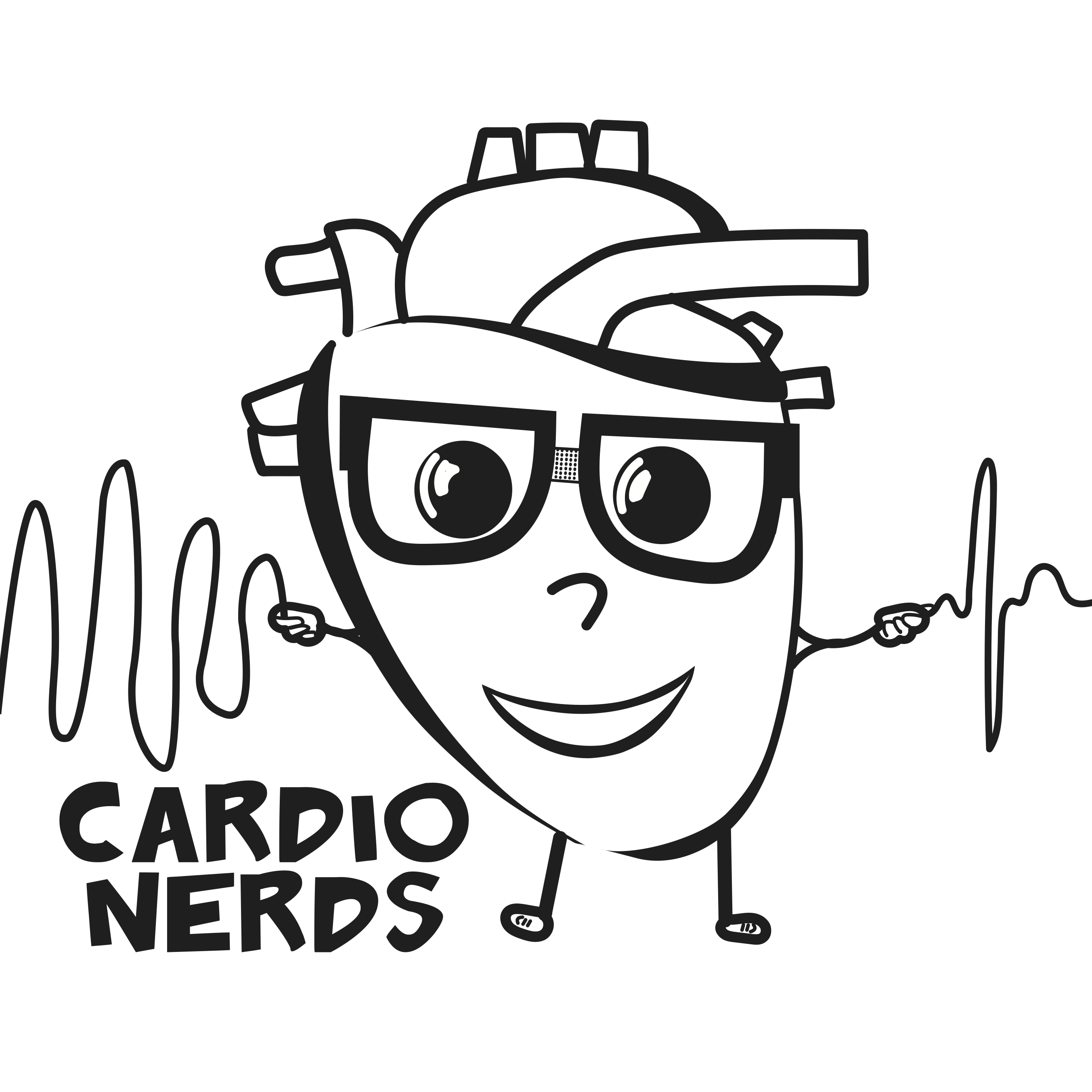92. Diabetes Mellitus for CardioNerds with Dr. Dennis Bruemmer

CardioNerds (Amit Goyal and Daniel Ambinder) discuss diabetes mellitus with Dr. Dennis Bruemmer. This is a must-listen for anyone engaged in the case of the cardiovascular patient. Given the alarming obesity epidemic, we anticipate a rising worldwide tide of diabetes mellitus and ensuing cardiovascular disease. Here we discuss the epidemiology and approach to diabetes management, with emphasis on what CardioNerds need to know. Dr. Bruemmer is board-certified in both cardiology and endocrinology, and is the director of the Center for Cardiometabolic Health in the section of Preventive Cardiology and Rehabilitation at the Cleveland Clinic.\n\n\n\nEpisode graphic by Dr. Carine Hamo\n\n\n\nCardionerds Cardiovascular Prevention PageCardioNerds Episode PageSubscribe to our newsletter- The HeartbeatSupport our educational mission by becoming a Patron!\n\n\n\n\n\n\n\nShow notes \n\n\n\nWhy should CardioNerds pay attention to diabetes mellitus (DM)?\xa0As a cardiovascular risk equivalent, DM is a key CVD risk factor, associated with a 2-4 fold increased risk. 70% of ACS patients have DM.\xa0Cardiologists will see more patient with DM given the rising prevalence of obesity, subsequent diabetes and ensuing CVD.\xa0\xa0Only 6% of patients with DM and cardiovascular disease (CVD) get appropriate care for DM and CVD.\xa0Historically, hypoglycemic agents improved microvascular outcomes (retinopathy, nephropathy, neuropathy), but not macrovascular outcomes (MI, CVA, PAD). However, this has changed with the advent of mandatory cardiovascular safety trials with positive data for GLP1 agonists and SGLT2 inhibitors!\xa0There aren't enough endocrinologists! They only see ~5% of DM patients. In 2012 the US generated 280 endocrinologists versus\xa0 100 million patient with DM or pre-DM. Primary care physicians are key allies in the care of these patients.\xa0\xa0So as CardioNerds, let's get over this therapeutic inertia and take ownership of our patients' DM as we already do for their HTN and HLD; in collaboration with a multidisciplinary team including the PCP, dietician, pharmacist, DM educators, +/- behavioral therapist, +/- endocrinologist, +/- metabolic surgeon.\xa0\n\n\n\nWhat is your global approach to the patient with DM?\xa0Optimize the non-DM CVD risk factors with lifestyle intervention and medical management: CVD risk factors are very common in patients with DM (sedentary lifestyle, unhealthy weight, HTN, HLD).\xa0 The Steno-2 Study (Gaede et al., NEJM 2008) showed that in patients with T2DM & microalbuminuria, intensive intervention with multiple drug combinations and behavioral modification was better with regards to: vascular complications, death from any cause, and death from CV causes.\xa0\xa0\xa0\xa0\xa0Emphasize a healthy lifestyle -\xa0 use a patient-centered approach with motivational interviewing and shared decision making, provide education, set realistic goals, identify barriers (socioeconomic, etc), engage family and a multidisciplinary team (nutritionist, exercise physiologist), utilize behavioral interventions.\xa0Pharmacologic intervention - medical weight loss for BMI > 27 and DM (enjoy upcoming Ndumele episode), anti-HTN (enjoy upcoming Laffin episode), and anti-HLD (enjoy the Navar-Shah episode). NOTE that statins have been shown to have a small effect on increasing incident or worsening DM, but the effect size is small and overcome by the benefit in whom statins are indicated.\xa0\xa0\xa0\xa0\xa0\xa0\xa0\xa0\xa0\xa0\xa0\xa0\xa0\xa0\xa0\xa0Treat the Hyperglycemia itself! Let's discuss this deeper\u2026\xa0\n\n\n\nWhat is your approach to non-insulin DM management?\xa0First-line agents:\xa0US guidelines: in addition to lifestyle intervention, start with metformin as the first line agent.\xa0European guidelines: now give preference to GLP1 agonists and SGLT2 inhibitors in patients with or at risk for cardiovascular disease.\xa0Sulfonylureas: increase pancreatic insulin secretion. Dr. Bruemmer feels they obsolete for the preventive cardiologist from the standpoints of safety, efficacy, and cardiovascular disease. There is no efficacy data past 4 years and no cardiovasc...